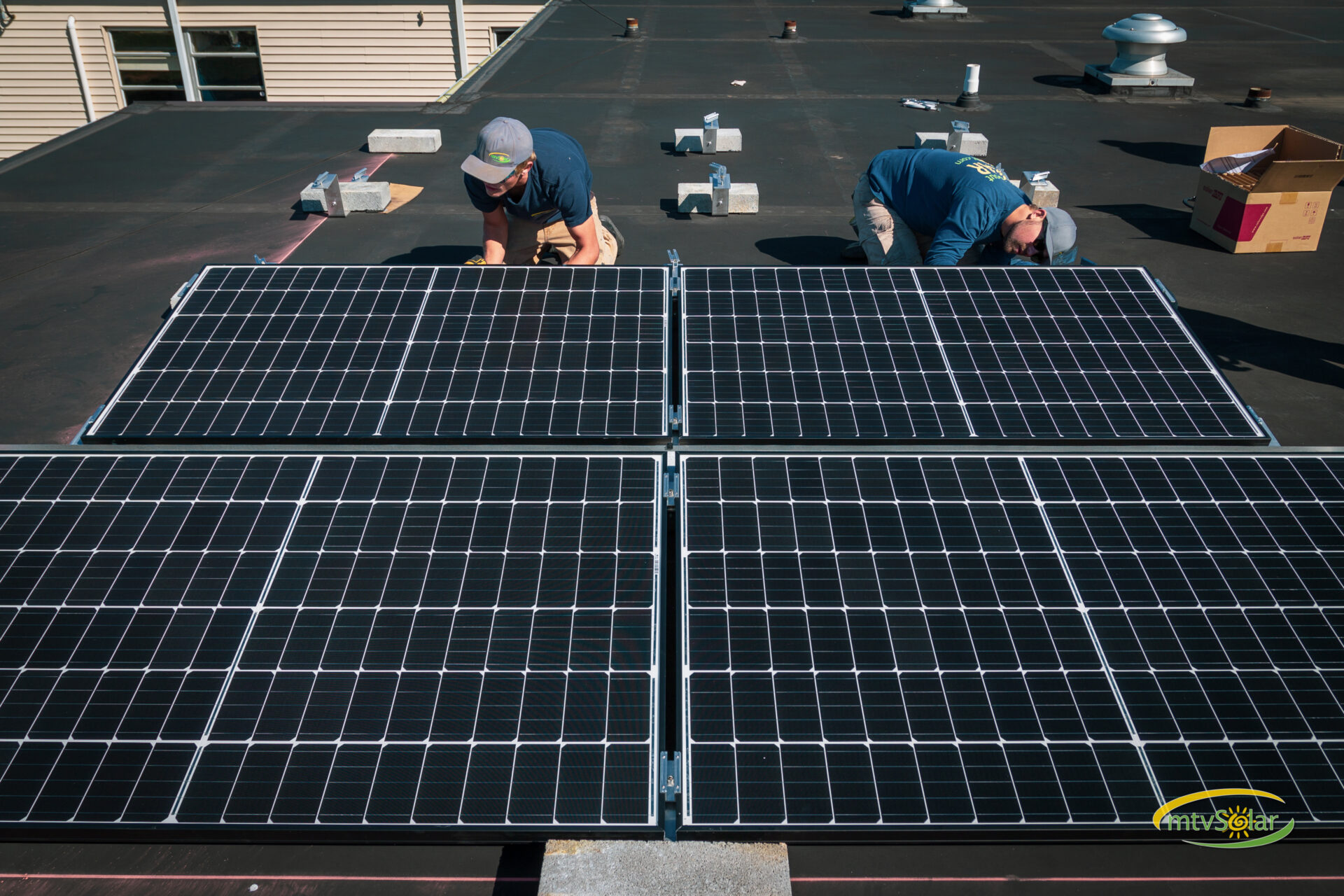The signing of the bill comes just days after the House approved House Bill 2526, agreeing with the Senate’s proposals to reduce the personal income tax. HB 2526 represents a $754 million cut in taxes.
Gov. Jim Justice signed the much-debated tax cut bill with a group of lawmakers on stage at the Culture Center to celebrate the event with music and a balloon drop.
Justice said of the event’s jubilation, that the road to this tax cut has been rough, and today was a time to celebrate.
“God above gave us the ability to smile and laugh,” Justice said. “And with all of that, he knew this journey was gonna be tough, didn’t he? And he wants it to be that way. He wants to challenge us and we want it to be that way. But he gave us the ability to smile along the way.”
The signing into law comes just days after the House approved House Bill 2526, agreeing with the Senate’s proposals to reduce the personal income tax. HB 2526 represents a $754 million cut in taxes.
“It’s so much better in life and anything we do when we do it as a team,” Justice said. “When absolutely everybody wins, whether it be the House, the Senate, the governor’s office, all the great people in the state of West Virginia, when everybody’s on a team, and everybody wins. It’s a great, great, great day in the state.”
Personal income tax rates will be cut by 21.25 percent across all six tax brackets, retroactive to Jan. 1, 2023.
Additional personal income tax reductions will be limited to no more than 10 percent at any given time, but a formula will activate further tax cuts when the surplus allows.
Taxpayers will receive a 100 percent tax credit on their vehicles when they pay personal property taxes, and small businesses can claim a 50 percent refundable tax credit against personal income taxes or the taxes paid on machinery, equipment and inventory.
Disabled military service veterans will receive a refundable tax credit against their personal income taxes for real property taxes paid on their homes.
Senate President Craig Blair, R-Berkeley, said the proof of progress is in the evidence of economic growth in West Virginia.
“This is part of the process of what’s going on, it’s calculating the numbers, knowing what’s going on, that teamwork has been in place for over eight years,” Blair said. “And you can see it, you can see it on the jobs that are coming to the state of West Virginia, and as you grow your tax base, it actually makes it so that you have the resources to be able to give back and spread the wealth. And that is happening now in the state of West Virginia, it will only become exponential as we move forward.”
Opponents of the tax cut have voiced concerns about the state’s ability to keep up with infrastructure costs with such a high tax cut.
Blair called the tax cut momentous and mentioned that $760 million of the state’s reported $4.8 billion budget will return to the people of West Virginia.
“Four years of a flatline budget provided $588 million of the $760 million, that continued growth to be there, but we’re not counting severance taxes into the equation at all,” Blair said. “We’ll be able to do deferred maintenance, as we’ve got all that built in. That’s why we refused on the Senate side, to go to the 50 percent or 30, 40, 50, those numbers didn’t work and still maintain moving for the state forward, you got to be able to have money to be able to invest in yourselves.”
HB 2526 was signed into law Tuesday afternoon.
